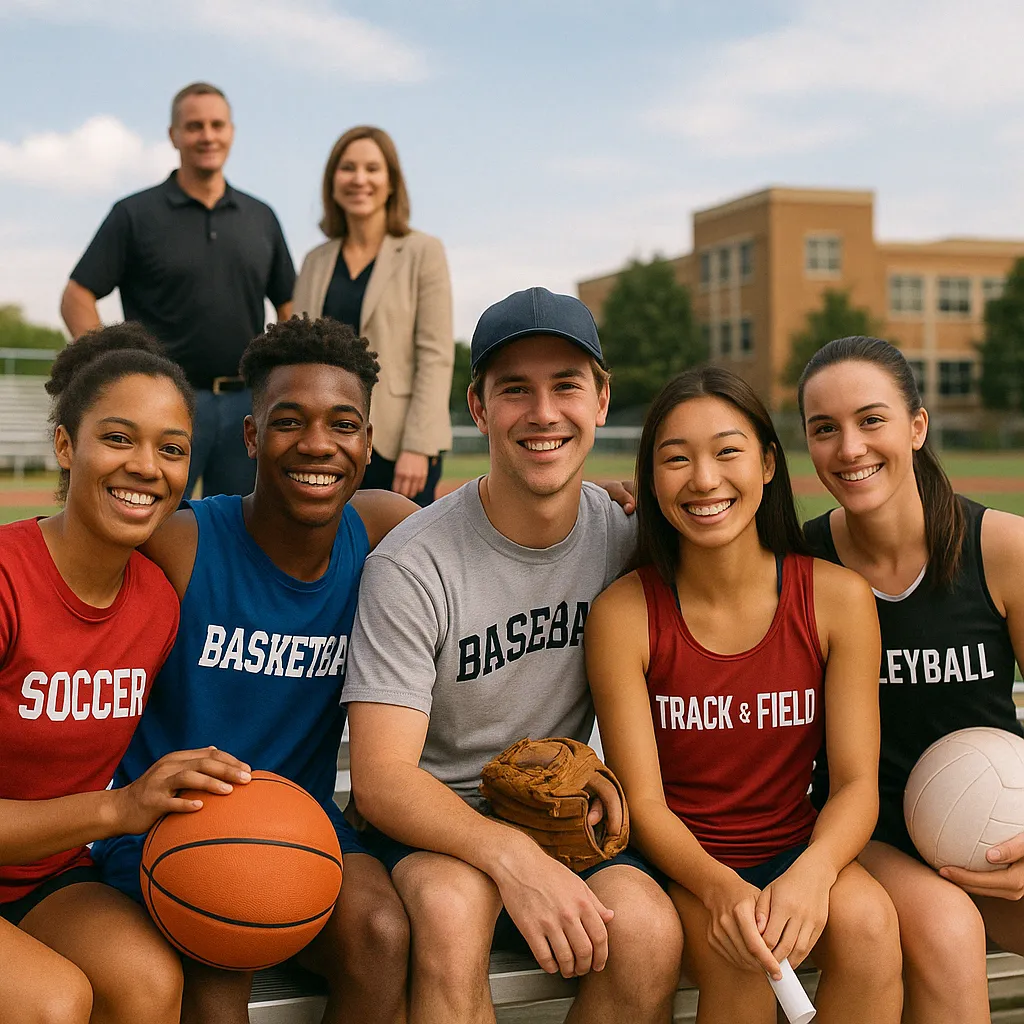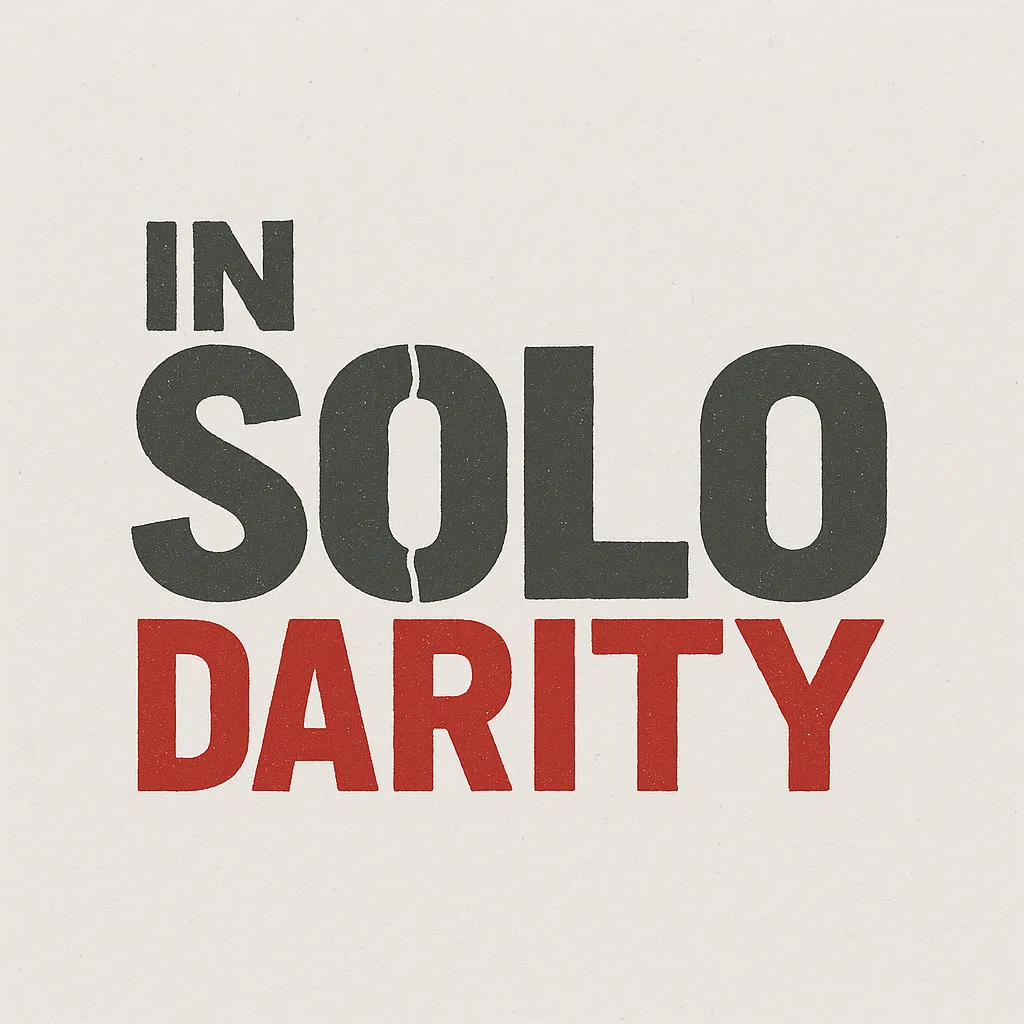
NAIA Mental Health Partnership Empowers Student-Athletes
🧠 NAIA Mental Health Partnership: Supporting the Whole Student-Athlete
Why Mental Wellness Is a Game-Changer in College Athletics
Being a college athlete is more than just practice, games, and lifting weights. It's balancing academics, managing social pressures, staying healthy, and competing at a high level every single day. The NAIA understands that, which is why they’ve launched a game-changing mental health partnership to help student-athletes succeed holistically.
This initiative isn’t just about reacting to mental health struggles, it's about creating a proactive culture of care, where student-athletes feel safe, supported, and strong both mentally and physically.
What the NAIA Mental Health Partnership Offers
This partnership is built on accessibility, education, and community. Here's how it supports athletes:
24/7 counseling access: Athletes can get confidential help any time, even while traveling.
Mental health training for coaches and staff: So every leader can recognize signs and offer support.
Digital resources: From self-care apps to guided meditation tools.
Peer-to-peer support: Connecting athletes with others who understand the pressure.
By embedding these services directly into athletic departments, the NAIA is removing the stigma and encouraging open, honest conversations about mental health.
Real Impact on Student-Athletes
Mental wellness isn’t just about feeling better, it’s about performing better. Student-athletes with mental clarity and emotional strength tend to:
Focus more during games and class
Recover quicker from setbacks
Build stronger relationships with teammates and coaches
Stay in school and graduate at higher rates
This mental health initiative is not a side program. It's a performance enhancer, a confidence builder, and a life-changer.
How You Can Access Support
If you're a student-athlete at an NAIA school, talk to your athletic department about available services or visit NAIA.org for more info.
For coaches and parents, be the voice that normalizes seeking help. The more we talk about mental health, the stronger our athletes become on the field and beyond it.





